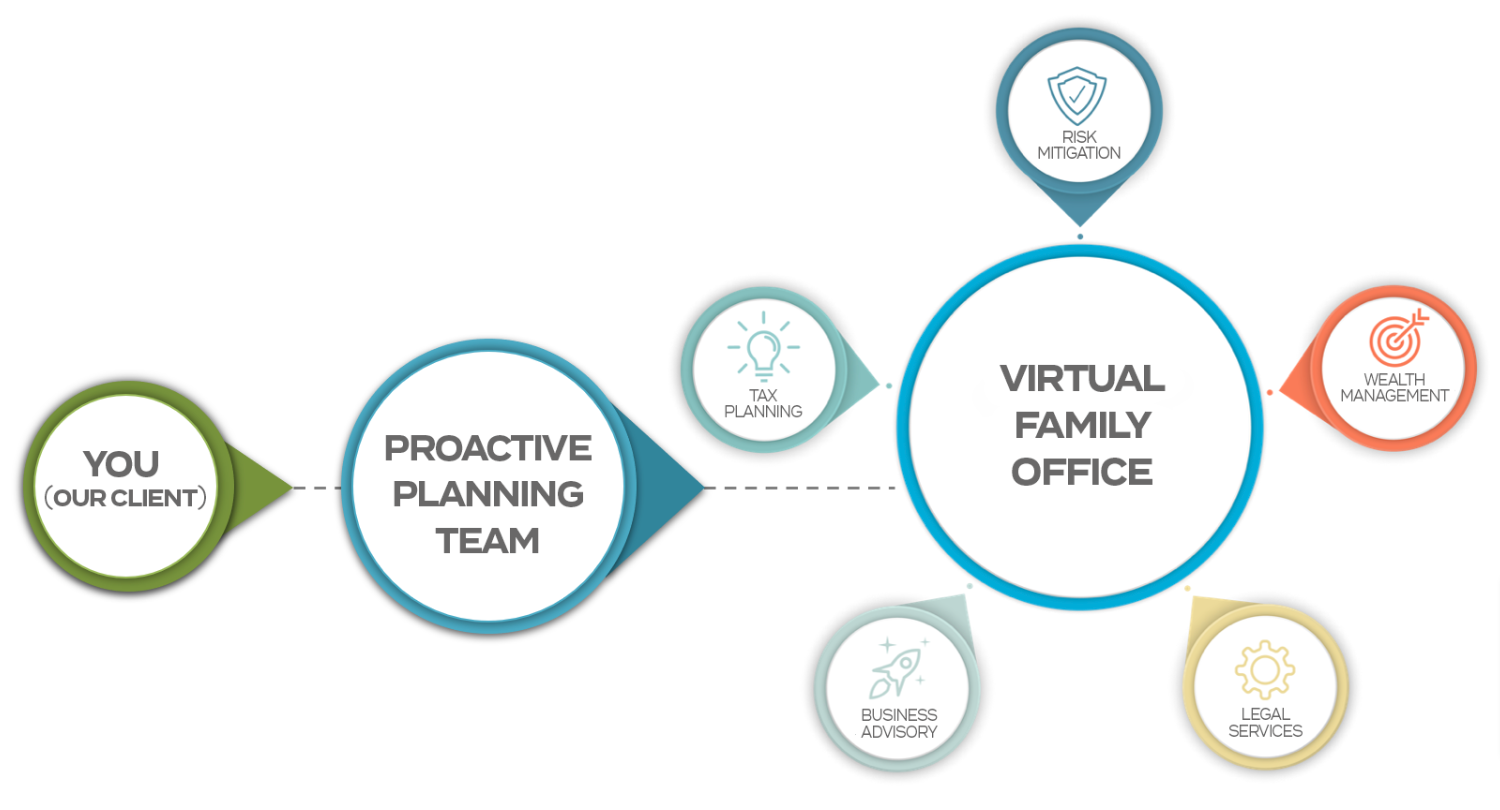Dale Hammernik Reveals Five Foundational Small Business Tax Strategies
So, last week I covered 11 basics for ensuring your business doesn’t get audited, and I’m glad to see the response I was hoping for: clients emailing me, thanking us and also a few who are battening down the hatches a little more tightly as a result.
That’s always a good thing.
Now then, I’d like to posit a few foundational tax strategies for my Waukesha County small business owner friends. Those who are already clients would have already had conversations with us around these topics at some point (although things can always change, so if you’d like to take a look at these things, this might be the perfect time — so drop me an email [you can click the button at the top of this page] or a phone call: (414) 545-1890), but if you’d like to get a good foundational review of your business tax strategies, these are really the five places to start:
Dale Hammernik Reveals
Five Foundational Small Business Tax Strategies
“Plan your work for today and every day, then work your plan.” – Norman Vincent Peale
After April 15th, we find ourselves in the perfect time to re-assess where your company’s tax strategies are taking you.
For many, these are “training wheels” suggestions (i.e., your issues are much more complex, and a deeper dive is necessary), but even for certain well-established businesses, it might make sense to take a look at …
1) Your expense-tracking system
If your business is somewhat small, and doesn’t create a significant trail of automatic third-party tax documentation, then you might find yourselves someday in the crosshairs of IRS scrutiny. But it’s not just for the sake of beating an audit — it’s always a good idea to have monthly clarity (at the minimum) for where your revenue is going.
Now’s the time to make sure you have a good expense tracking system, receipt documentation and other cash controls in place so that you can not only prove your numbers when called upon by Uncle Sam, but even more importantly, that you can keep a firm grasp on your profit.
2) Basic deduction-taking
A quick example that comes to mind — claiming your home office. Even in larger businesses, the rise of telecommuting means that there are often good deductions to be found in tracking and recording the work done from home. Yes, it can be an audit “red flag”, but that’s only if you don’t claim it properly. It’s just one of the many great tax breaks available in the code, that aren’t terribly complicated but that a good professional ( ahem
) can easily ensure is getting taken in the most effective and ethical way.
3) Inventory and asset management
These can have a significant
impact on your company’s tax liability — for good, or ill. Many small and medium-sized businesses are still using outdated inventory management systems (or they aren’t using available software) and/or they aren’t thinking through depreciation strategies versus other kinds of asset models. Again, these are basic questions for a professional, and can save your company boatloads … but only if you have someone who knows what they’re up to running the point.
4) Entity structure
So, when your company was young, it very likely started out as a sole proprietorship and you filed Schedule C as part of your personal return. That’s perfectly great in many situations.
But have you grown out of it? Chances are good that the answer is a resounding YES. What’s really important here is that you have someone who can dig a little bit into your business model and structure and propose the most advantageous entity. Sometimes the information on the internet (or, ahem, LegalZoom) isn’t as appropriate as you might think. Don’t jump quickly to a new entity (or naively remain in a poor one) without getting some clear advice from someone who deals with these issues on a daily basis.
5) Retirement, schmetirement
I know, I know … we’re keeping our powder dry (i.e., our money) so that we can make sure we are able to meet payroll and keep the business running every month. But as soon as possible
you should take a good look at establishing a SERP (Self-Employed Retirement Plan)
or an equivalent. Not only will you want to have something squirreled away for when you’re done conquering the world, but the immediate tax deductions can be very nice.
So, let’s make sure that you are clear with a strategy on EACH one of these topics.
Then, of course, we can get really ninja.
But this is where it starts, and the best first step is a phone call: (414) 545-1890
Feel very free to share this article with a Waukesha County business associate or client you know who could benefit from our assistance — or simply send them our way? While these particular articles usually relate to business strategy, as you know, we specialize in tax preparation and planning for Waukesha County families and business owners. And we always make room for referrals from trusted sources like you.
Warmly (and until next week),
Dale Hammernik
(414) 545-1890
Hammernik & Associates
The post Dale Hammernik Reveals Five Foundational Small Business Tax Strategies appeared first on Talking Tax to Milwaukee.
See More Blog Posts







